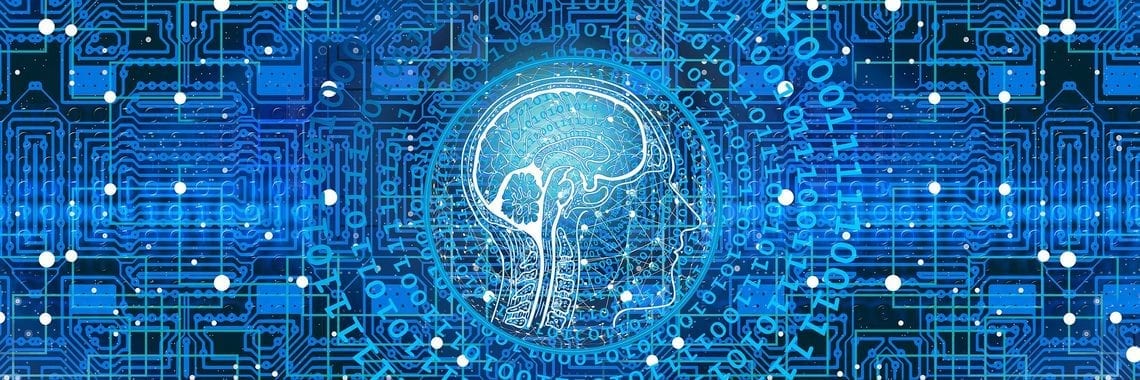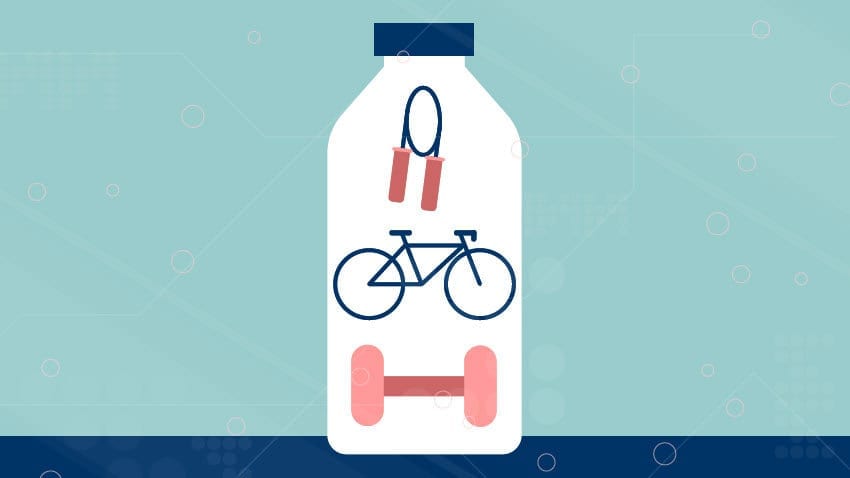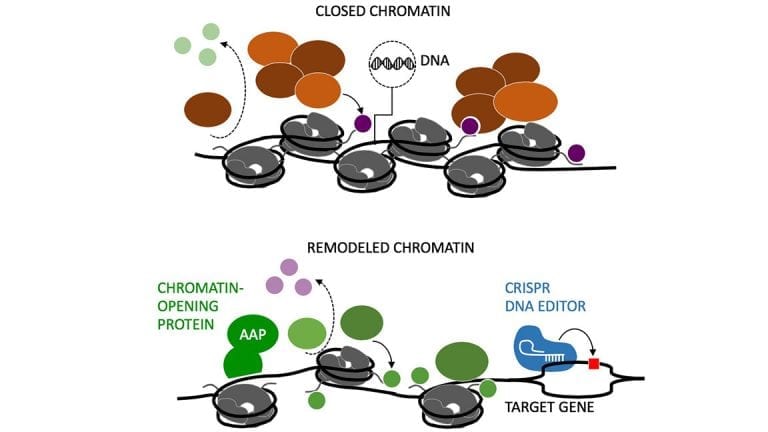via OIST
The Latest Updates from Bing News & Google News
Go deeper with Bing News on:
AI doing science
- Technology can detect wildfires. Do humans still have to?
If it takes humans out of towers, advanced technology like drones could eliminate the risk and cost of the job. But lookouts like Trina Moyles argue that technology can't entirely replace them, and ...
- Gold watch found on body of Titanic's richest passenger is for sale
A gold pocket watch recovered along with the body of John Jacob Astor, the richest passenger on the Titanic, is up for auction.
- Three Companies Rocking AI In Medicine
AI is having amazing effects on the world of medicine. It's helping us to more capably diagnose patients. It's providing assistance with radiology imaging. It's working with pathogens and microbes and ...
- Scientists inspired the right guardrails for nuclear energy, the internet, and DNA research. Let them do the same for AI
Like with other tech that exposed humanity to possible annihilation, a Pugwash conference for AI scientists is urgently needed.
- Columbia protesters say they're at an impasse with administrators and will continue anti-war camp
The students at an encampment at Columbia University who inspired a wave of pro-Palestinian demonstrations across the country dug in for their 10th day Friday, as administrators and police at college ...
Go deeper with Google Headlines on:
AI doing science
[google_news title=”” keyword=”AI doing science” num_posts=”5″ blurb_length=”0″ show_thumb=”left”]
Go deeper with Bing News on:
Machine learning
- From Mad Men to Machine Learning: The AI fuelled marketing revolution
The reality of AI, thankfully, is far more nuanced and beneficial. While a 2023 US survey found that nearly half of consumers lack a clear understanding of AI and machine learning, its influence is ...
- ICMR-NIRRCH To Hold Workshop On Applications of Artificial Intelligence and Machine Learning in Disease Informatics, Details
New Delhi- The Indian Council of Medical Research (ICMR) and National Institute for Research in Reproductive and Child Health (NIRRCH) are going to organise a workshop on “Applications ...
- Automated machine learning robot unlocks new potential for genetics research
University of Minnesota Twin Cities researchers have constructed a robot that uses machine learning to fully automate a complicated microinjection process used in genetic research.
- 3 Machine Learning Stocks That Could Triple Your Money by 2030
InvestorPlace - Stock Market News, Stock Advice & Trading Tips Investing in machine learning (ML) stocks presents an enticing opportunity for ...
- The Top 3 Machine Learning Stocks to Buy in April 2024
InvestorPlace - Stock Market News, Stock Advice & Trading Tips The U.S. economy is poised for remarkable growth driven by advancements in ...
Go deeper with Google Headlines on:
Machine learning
[google_news title=”” keyword=”machine learning” num_posts=”5″ blurb_length=”0″ show_thumb=”left”]










